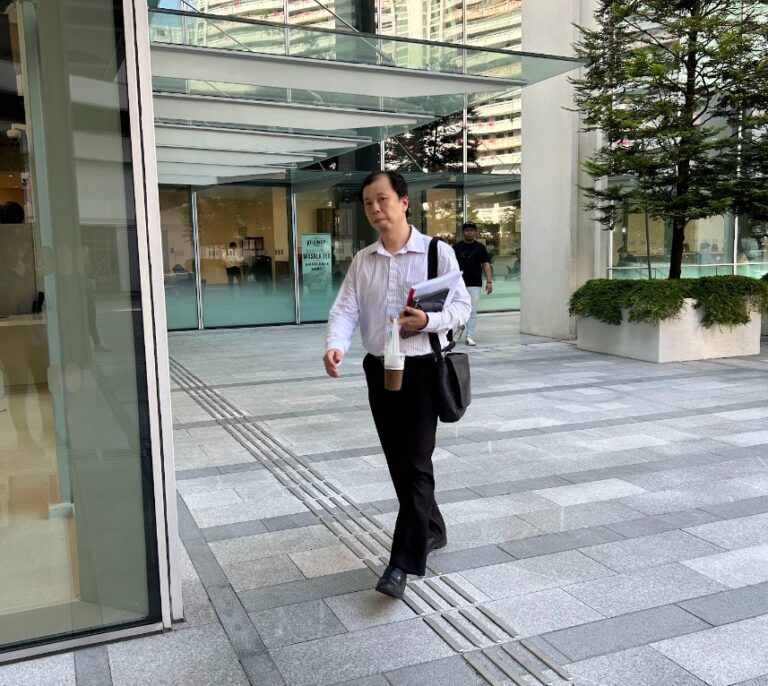Court rules six remand statements by Dr Jipson Quah admissible in false vaccination case
The State Courts have ruled that six statements given by Dr Jipson Quah while in remand in January 2022 were made voluntarily and can be used in his ongoing trial over alleged fake COVID-19 vaccinations.

- Judge found no credible evidence of inducement, threat, or promise.
- Defence’s claims of bail offers and coercion were deemed inconsistent.
- Trial resumes later in August for continued witness testimony.
SINGAPORE: On 28 July 2025, the State Courts ruled that six statements made by Dr Jipson Quah while in remand from 22 to 29 January 2022 are admissible.
Judge Paul Quan held that the prosecution proved voluntariness beyond reasonable doubt and that the defence raised no credible doubt.
Quah, 37, faces seventeen counts of dishonest false representation, including alleged conspiracies with anti-vaccination campaigner Iris Koh Hsiao Pei, 49, and former clinic assistant Thomas Chua Cheng Soon, 43.
Prosecutors allege that Quah administered saline or sub-doses of vaccine, while Chua handled clinic paperwork and Koh recruited patients to participate in fabrications.
Quah sought to exclude six investigation statements, arguing they were obtained through inducements and thus involuntary.
The court held an ancillary hearing in March 2025 to determine whether the statements were made voluntarily.
Alleged inducements during remand
Quah testified that an investigating officer told him he would remain in custody unless he identified at least fifteen patients and portrayed Koh as the mastermind. He also claimed another officer advised him to “show remorse” to secure bail.
He described parts of his statements as “flowery fiction,” saying he was under emotional pressure and wanted to be released before Chinese New Year.
Prosecutors rejected the claims, arguing there was no evidence of inducement and noting inconsistencies in Quah’s account.
Judge: No credible inducement found
Judge Quan ruled that no promises of bail were made, as such decisions lay with the courts, not investigators.
He found Quah’s allegations to be self-perceived inducements, which do not meet the legal standard of a threat, inducement or promise.
The judge also found that the officers’ testimony, while imperfect, appeared genuine and uncolluded, adding that discrepancies in timing and records reflected human error rather than fabrication.
Logs and handwritten notes
The defence questioned inconsistencies between electronic access logs and handwritten timing records, arguing they proved falsification.
However, Judge Quan said there was no evidence of collusion and accepted the handwritten entries as accurate.
Post-bail statements supported voluntariness
Three additional statements recorded after Quah’s release in February, March and April 2022 continued to identify patients and mention Koh and Chua. The defence did not challenge their voluntariness.
The judge treated them as supporting evidence that any alleged inducement had ceased.
Verdict and next steps
Judge Quan concluded that all six contested statements were made voluntarily, noting that admissibility does not equate to truth and that reliability will be assessed later in the trial.
Speaking to The Online Citizen, Quah said his legal team is “reviewing the verdict and exploring further options” but did not confirm whether an appeal would be filed.
The main trial, which began in December 2024, is scheduled to resume later in August 2025 for continued witness testimony and cross-examination.








